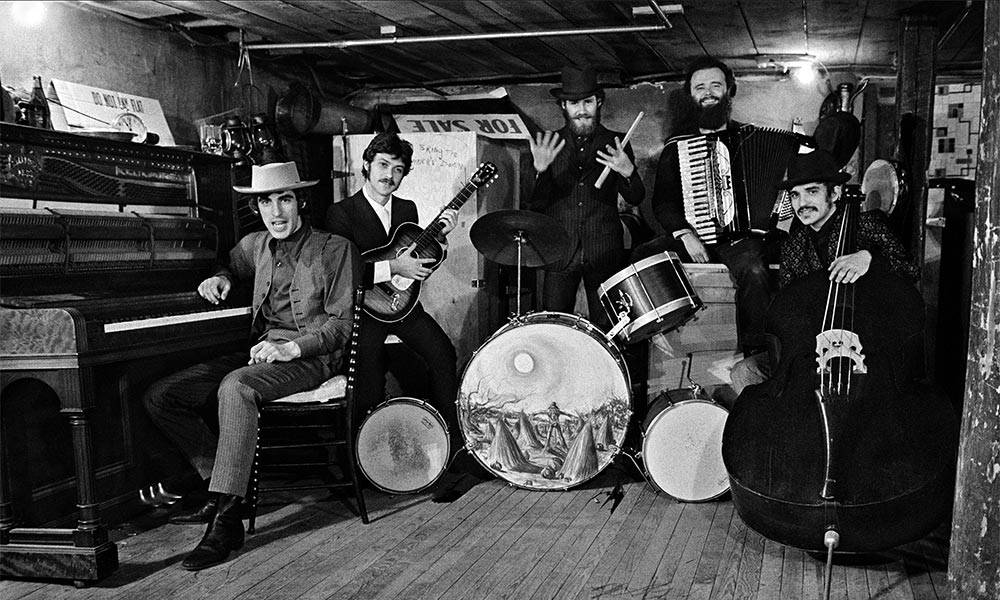
The Evolution of Rock: Challenging Conventions and Redefining Attitude
In the realm of rock and roll history, the emergence of punk rock marked a seismic shift in musical culture. With its raw energy and stripped-down approach, punk challenged the elaborate productions of progressive rock bands like Yes and Emerson, Lake and Palmer. For John Lydon, the frontman of the Sex Pistols, punk was not just a musical movement but a rebellion against the perceived excesses of the era.
Before the rise of punk, the rock charts were dominated by bands like Yes and Pink Floyd. These progressive rock titans crafted intricate compositions and elaborate stage performances, far removed from the raw simplicity of early rock and roll. For Lydon, this departure from the genre’s roots signaled “the end of rock ‘n’ roll.”
Lydon’s criticism of bands like Yes and Emerson, Lake and Palmer stemmed from their departure from the primal energy of rock and roll. He believed that these bands had lost touch with the essence of the genre, succumbing to “flappy flared trouser stuff” and theatricality. In his eyes, punk was a return to authenticity, a rejection of pretension in favor of raw expression.
However, it’s important to acknowledge the contributions of bands like Yes and Emerson, Lake and Palmer. Despite their elaborate arrangements, they produced moments of genuine emotion and musical brilliance. Tracks like “Lucky Man” by Emerson, Lake and Palmer showcased their ability to connect with audiences on a deeper level.
Yet, Lydon’s critique resonated with many disillusioned fans who felt that progressive rock had become bloated and self-indulgent. Albums like Yes’s “Tales from Topographic Oceans” epitomized this excess, with lengthy compositions that tested the patience of listeners. For Lydon and his fellow punks, this was rock and roll stripped of its rebellious spirit.
The emergence of punk represented a rejection of virtuosity in favor of attitude. Sex Pistols’ songs like “Anarchy in the UK” embraced simplicity, eschewing complex musical structures for raw energy and passion. Lydon’s confrontational vocals became a rallying cry for a new generation of rockers, signaling a shift away from the grandiosity of prog rock.
In the eyes of punk rockers like Lydon, the essence of rock and roll lay in its rawness and authenticity. Punk challenged the notion that technical proficiency was a prerequisite for musical expression, emphasizing attitude and emotion over virtuosity. The punk ethos was a direct response to the perceived elitism of progressive rock, advocating for a return to the genre’s rebellious roots.
As punk gained momentum, it signaled a changing of the guard in the world of rock music. Bands like Yes and Emerson, Lake and Palmer found themselves overshadowed by the raw energy and attitude of punk rockers. The simplicity and directness of punk resonated with audiences who were disillusioned with the excesses of prog rock, ushering in a new era in rock and roll history.
In retrospect, the clash between punk and progressive rock represents a pivotal moment in the evolution of rock music. It was a battle between tradition and rebellion, technical proficiency and raw emotion. While bands like Yes and Emerson, Lake and Palmer may have fallen out of favor with punk purists, their contributions to rock music are undeniable. Yet, it was the uncompromising attitude of punk that ultimately reshaped the musical landscape, leaving an indelible mark on rock and roll history.






Responses